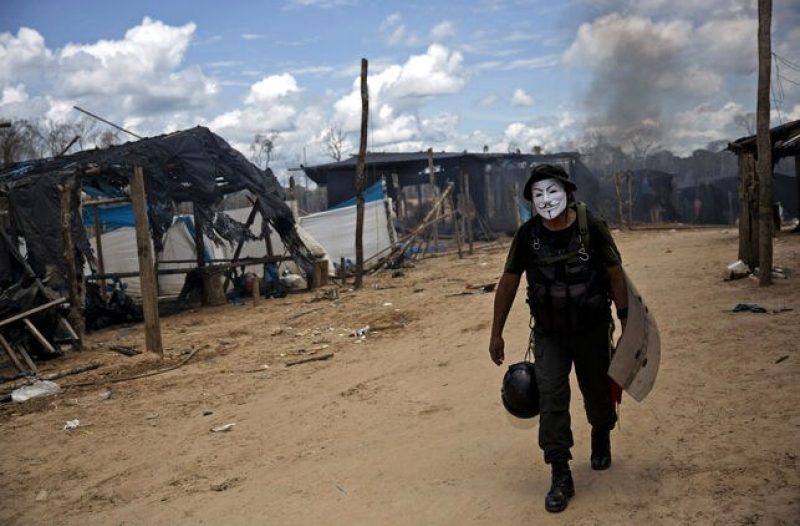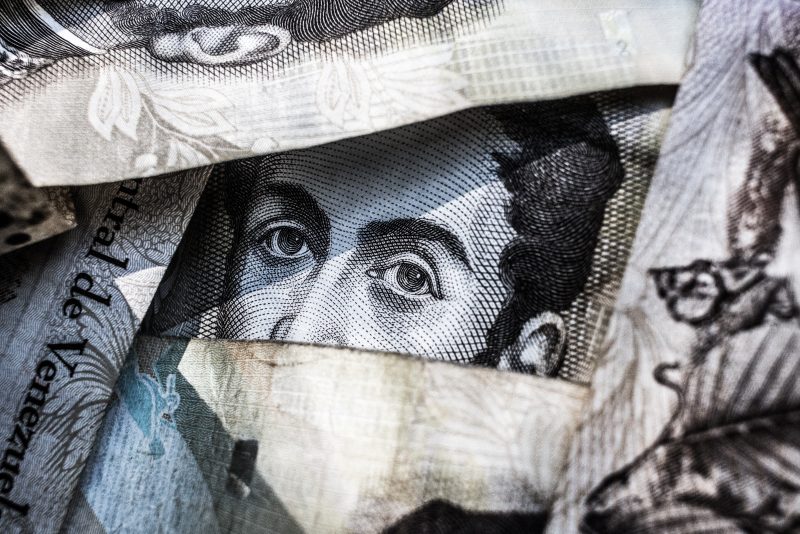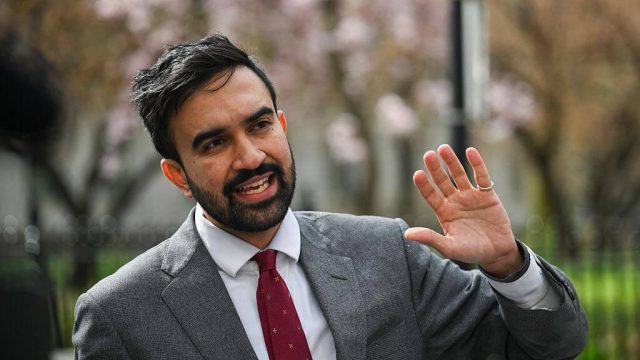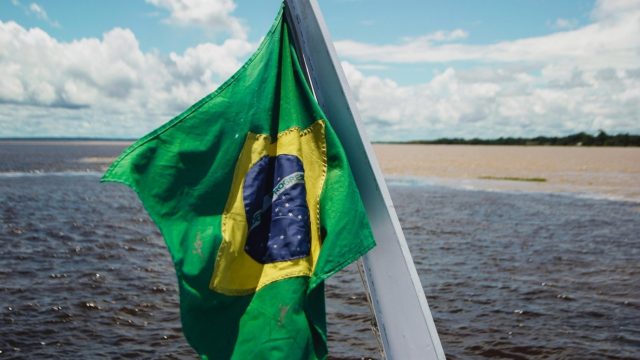Climate change and corruption
What is the relationship between environmental sustainability and corruption?

While climate change is a global challenge, it has a greater impact in developing countries. Many emerging economies depend economically and culturally on natural resources, ecosystems and the environment, which leaves them especially vulnerable to climate-related storms, droughts, floods and other extreme weather.
Natural disasters, changes in ecosystems and loss of biodiversity are constant threats for developing countries, that require robust policy and effective implementation. But most developing countries have fairly fragile governments and institutions, and are especially vulnerable to corruption and mismanagement.
Free and open democracies usually are better able to implement mitigation and adaption strategies for climate change (Povitkina 2018), as they are more involved in international environmental treaties, and have an enabling ecosystem of civil society, multilateral organisations and environmental awareness created by free media, playing an important role in the adoption of environmental policies.
Despite this, these benefits are limited by the presence of business interests which have an out-sized influence on political decisions. Corruption and political capture can also obstruct effective climate policy, limiting the quality of inspections, design and implementation of policies, and monitoring, among others.
Solving environmental problems depends, to a great extent, on the quality and strength of institutions, and the capacity of civil society to supervise. Fragile governments present a major challenge for addressing climate change and corruption. This is a serious obstacle for aid agencies and the allocation of funding, as in some cases besides promoting climate change strategies, an anti-corruption parallel plan has to be implemented to assure positive outcomes.

Corruption is defined by Transparency International as “the abuse of entrusted power for private gain”. But as the UN points out, it's important to understand that corruption can take place in both the public and private sector, and even between them. Corruption and climate change share a characteristic: both are most devastating for the poor and vulnerable people as they have less access and control of resources. For this reason, it is urgent to strengthen institutions and create a more vigilant civil society.
The Peruvian Case
The adoption of the 2030 Agenda for Sustainable Development and the Paris Agreements on climate change are starting to lead Peru to adopt certain plans, actions and strategies that should, in turn, lead to more inclusive and sustainable development, supported by a green economy. Reducing corruption is vital to Peru's sustainable development goals as it presents a major obstacle for development and ending extreme poverty.
Thanks to the international Odebrecht scandal, corruption has recently been revealed as a major threat to all dimensions of Peruvian government, involving congresspersons, the judiciary, regional governors, and 3 elected presidents - many of whom are facing charges or being sentenced. This affects the enforcement of regulation and legislation intended to protect resources and ecological systems. These actions are generally related to logging, mining and the extraction of other resources under the payment of bribes - in other words, an enormous threat to the environment.
Illegal logging is a serious issue in Peru, where 90% of forested land in Peru is classified as primary rainforest. In the Amazon region there is little supervision from authorities, as well as a lack of resources and capacity to confront this problem. Organised crime, money laundering and a thriving black market in permits and paperwork allow illegal timber to evade environmental safeguards and create huge profits.
This system allows the devastation of enormous territories, undermining communities whose livelihoods depend on these forests. The Peruvian region of Madre de Dios loses approximately4,437 hectares of forest every year, so solutions for sustainable results are desperately needed to prevent the logging.
“ Corruption and climate change share a characteristic: both are most devastating for the poor and vulnerable.”
Illegal mining is also devastating forests and communities in Peru, as well as driving human trafficking. A rush to mine gold reserves is destroying important forest reserves as well as contaminating rivers, soil and whole ecosystems, releasing tonnes of mercury into the river and devastating the surroundings and being extremely harmful for people’s health.
This situation has been going on for several years under the watch and, in some cases, involvement and consent of regional governors and judges. Despite efforts to stop this devastation, miners are often tipped off about government interventions allowing them to escape before the police arrive. Corruption is thus directly driving the destruction of the Amazon rainforest.
Conclusions
Sadly, even well-meaning attempts to assist emerging economies with climate adaptation and mitigation strategies can be subverted; development aid and financial assistance is easily siphoned off by corrupt institutions. Even emergency relief aid in the wake of environmental crises or climate disasters is ripe for corruption. Urgent efforts are therefore required to achieve transparency, accountability and integrity as a first step towards sustainable development. It is crucial that climate money get to where it is most needed: the communities, policies, and infrastructure for climate change adaptation.
- Leslie Forsyth, Executive Director, FNI


